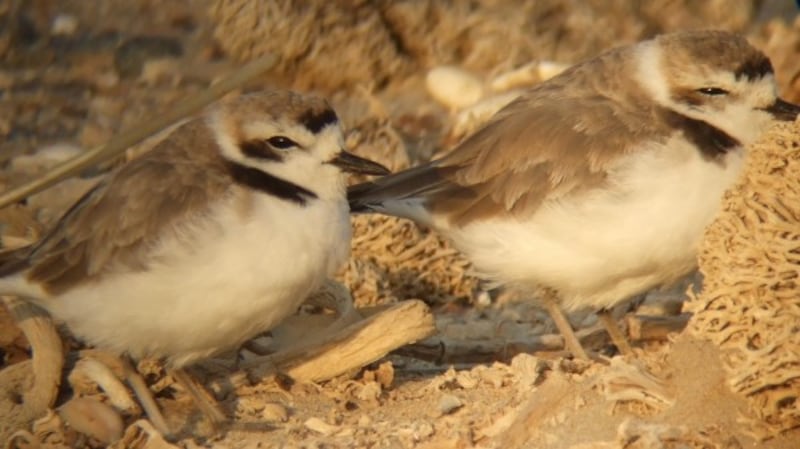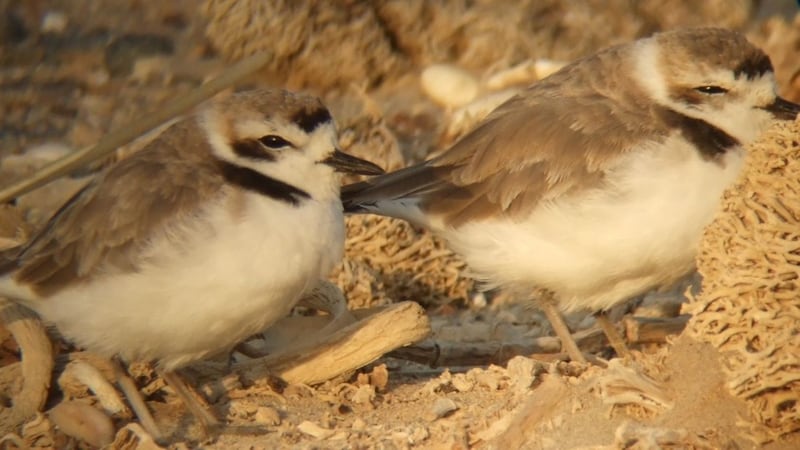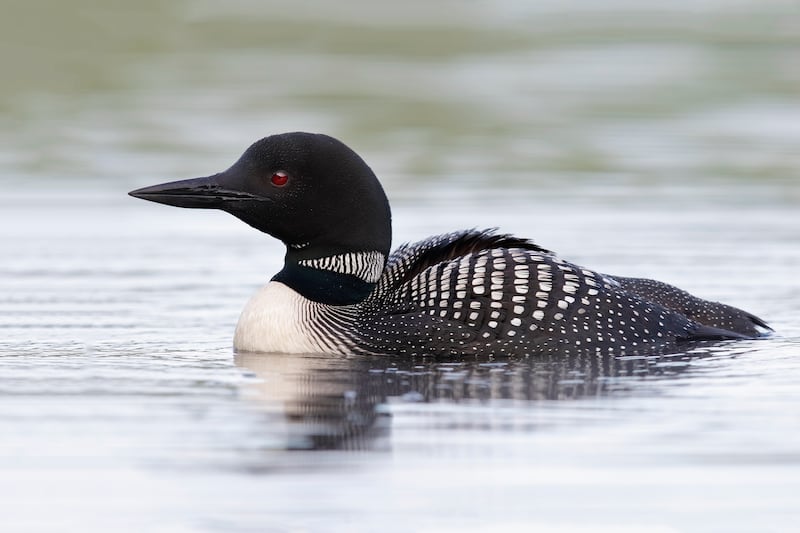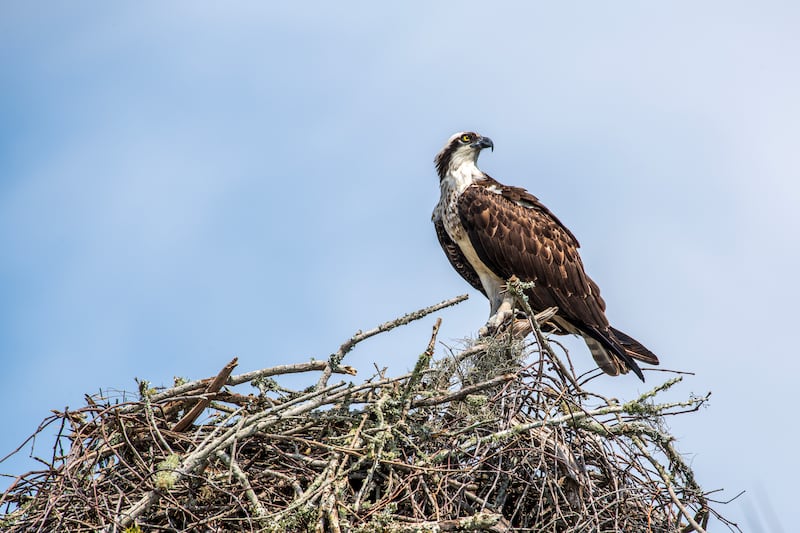Promiscuous species are less likely to diversify into new species, according to new research.
Sleeping around mixes up the gene pool and dilutes genetic differences between populations, which then slows down the evolution of new species, according to the University of Bath’s Milner Centre for Evolution.
The research was carried out on shorebird populations. A team led by the University of Bath, Cardiff University and the Max Planck Institute for Ornithology analysed the genetic structure of the birds to track their evolution over time.

The bird species which were bred with several different partners during a season were found to be less diverse genetically within the species compared to monogamous species.
This contradicts the previous idea that sexual selection – when one sex prefers to mate with individuals with specific characteristics – is a strong driver of the formation of new species.
Josie D’Urban Jackson, first author on the paper, said the new research suggests that because of the pressure to find more than one mate, polygamous shorebirds may search large areas and therefore spread their genes as they go.

“This means they effectively mix up the gene pool by diluting any genetic differences between geographically distant locations, so that populations are less likely to diversify into new species over time,” she said.
“In contrast, monogamous species only have to find one partner to pair with each season and tend to come back to the same breeding sites over time. This means they can gradually adapt to their local environment which increases the chance that they will split off and form a new species.”








